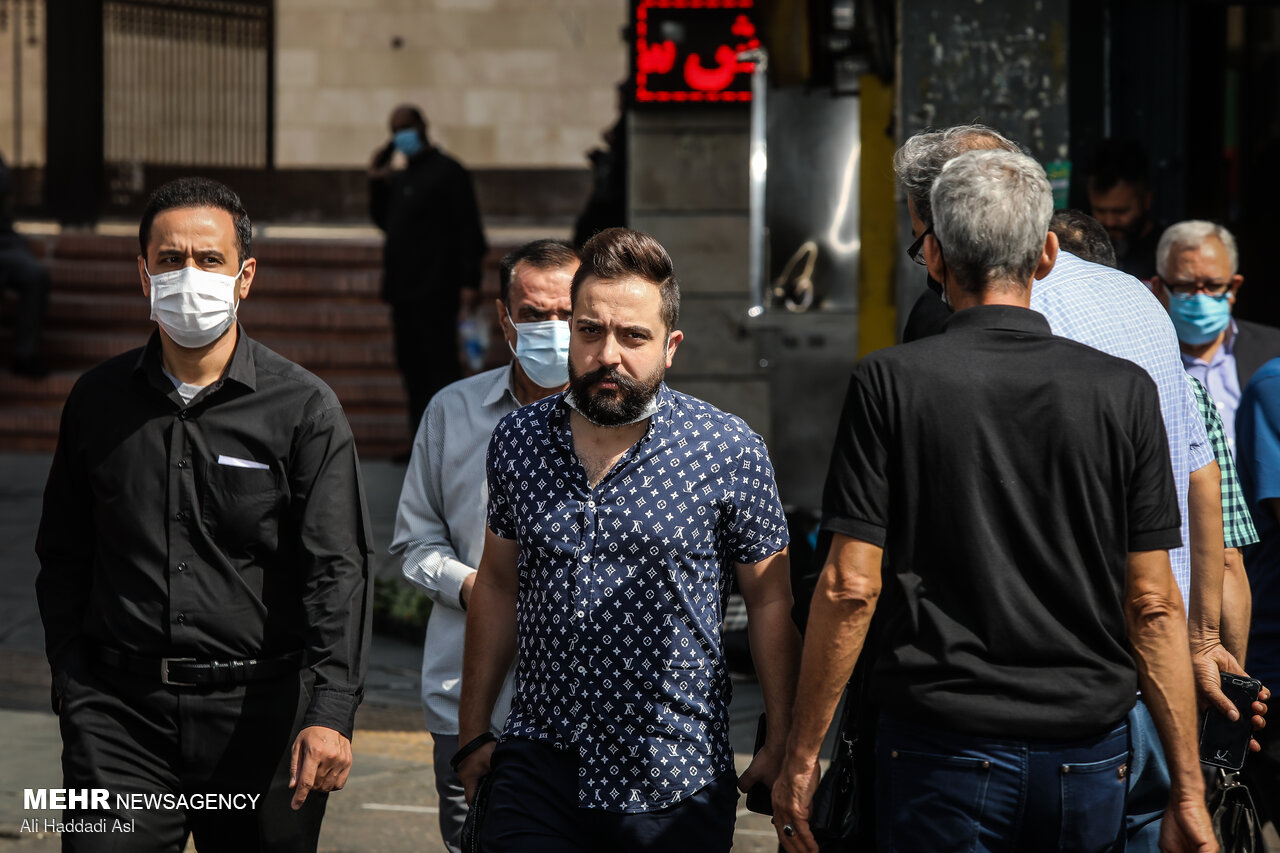Back to normal life: smart quarantine scheme starts

TEHRAN – A smart quarantine scheme has been launched to identify COVID-19 patients so that restrictions and prohibitions will be lifted and life will return back to normal.
Approved by the National Headquarters for Coronavirus Control, the plan aims to identify and restrict people with the disease to break the transmission chain and let other to live their normal life.
By applying smart quarantine, other general restrictions in the society will be removed and the restriction only includes people who are sick, businesses will gradually return to their normal routine and the economic problems will be eliminated, Interior Minister Ahmad Vahidi stated.
So far, 56,596,124 Iranian have been vaccinated, and can once again engage in their social and cultural activities, with the implementation of the plan, he noted.
The most important steps are taken to expand vaccination coverage in the country and today more than 71 million doses of vaccine have been imported and age restrictions have been lifted for injection, he further said.
Smart quarantine system
A smart quarantine system will be launched to allow those who have been vaccinated to reopen businesses, Vahidi explained.
The system will be piloted in Qazvin province in the next one or two weeks, and if it has successful results, it will enter the national stage and be implemented throughout the country, he added.
On the other hand, this system controls all the entrances and exits of public centers, from clubs to the entrances and exits of cities, he highlighted.
He went on to say that if a new mutation occurs in the virus that can infect a population in a different way, the system helps quarantine high-risk individuals.
Mass vaccination
The Ministry of Health is to start a home-to-home program with the aim of vaccinating the whole population against coronavirus, ISNA reported on Friday.
In July, delta variant mortality peaked and recorded over 700 daily deaths, but the increase of vaccination pace reduced the toll.
Today, more than one million doses of vaccine are injected daily in the country, and many age groups of the elderly, rare diseases patients, teachers, university professors, health professionals, veterans, etc. have been vaccinated and now the process of vaccinating students is underway.
Vaccination reduced the mortality rate among the elderly aging 60 or above by 30 percent, and the trend is declining.
Studies show that people who are not vaccinated are 4.5 times more likely to develop COVID-19 than those who are fully vaccinated, and 10 and 11 times more likely to be hospitalized and die, respectively.
FB/MG

Leave a Comment